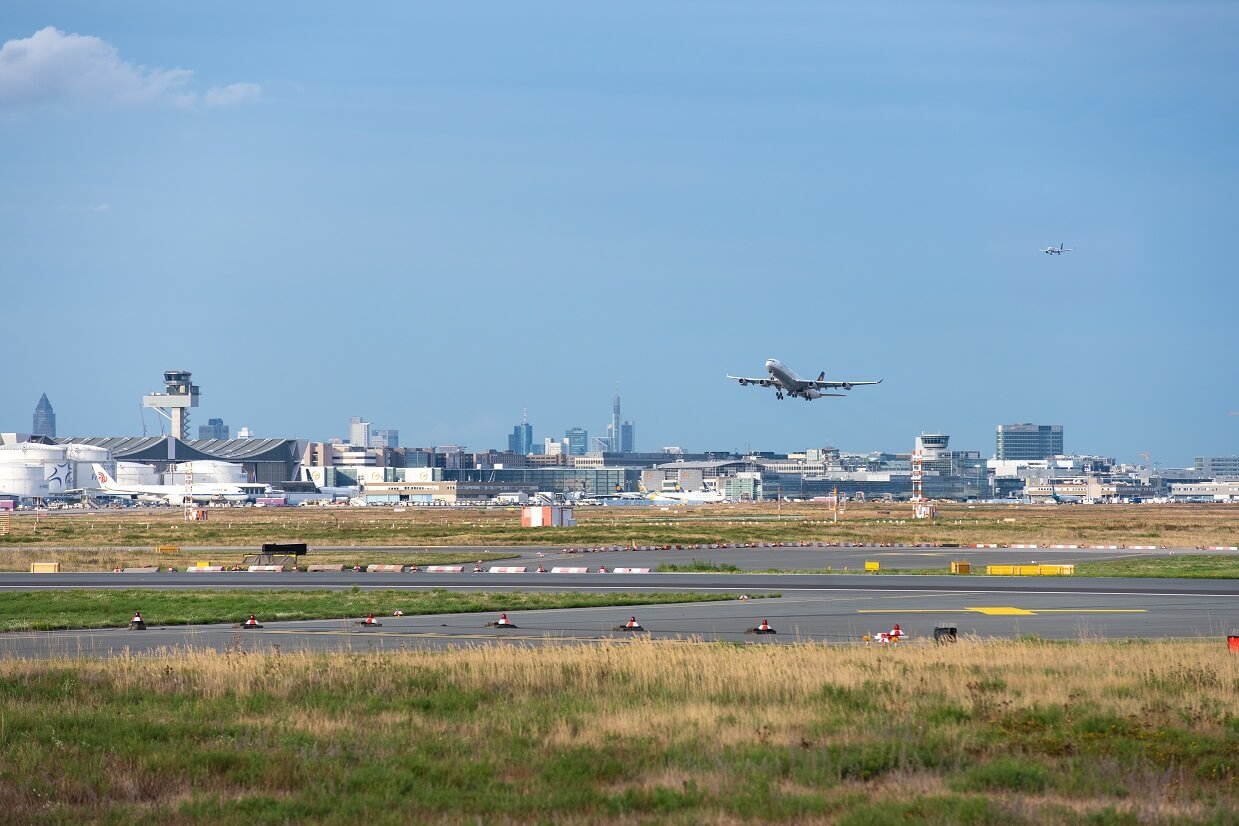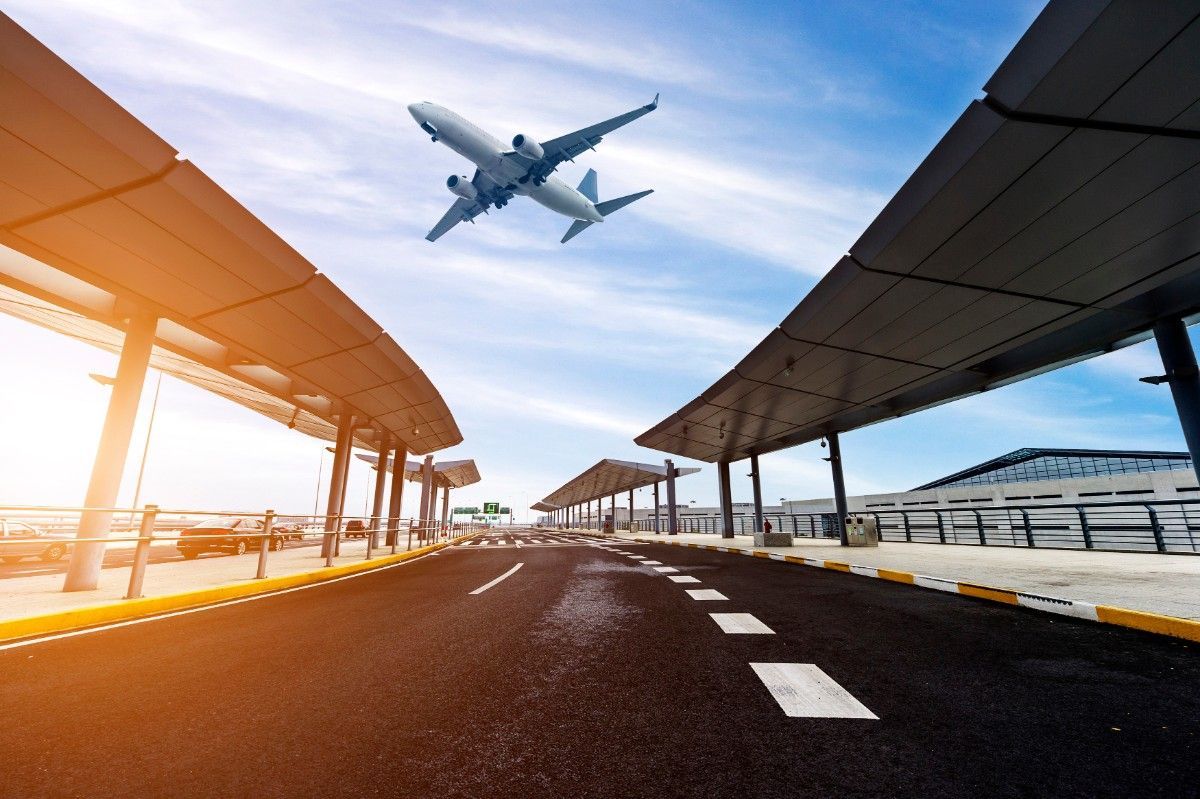Frankfurt airport confronts flooding-induced disruptions

In an unexpected turn of events, Frankfurt Airport, one of Europe's busiest aviation hubs, recently found itself grappling with a unique challenge: flooding. The incident sent shockwaves through the travel industry, highlighting the vulnerability of even the most advanced infrastructures to the forces of nature. As cancellations and delays rippled across the airport, travelers and aviation authorities were reminded of the importance of adaptability, preparedness, and cooperation in the face of unforeseen disruptions.
Unforeseen waters rise
On August 16, 2023, Frankfurt Airport was confronted with a formidable foe: flooding caused by heavy rainfall. The unexpected deluge led to water accumulation in key areas of the airport, disrupting operations, and causing a cascade of delays and cancellations. The incident serves as a vivid reminder that while modern airports are designed with sophisticated technology and operational strategies, nature's elements can still exert their influence in unexpected and challenging ways.
Impact on operations at Frankfurt airport
The flooding incident left a visible mark on the airport's operational landscape. Runways, taxiways, and tarmac areas were submerged, making safe aircraft movements difficult and potentially unsafe. Additionally, flooded terminals and concourses forced passengers and staff to navigate through unconventional conditions, adding an extra layer of complexity to an already intricate logistical setup.
Flight delays and flight cancellations at Frankfurt airport
As the floodwaters disrupted airport operations, the inevitable ripple effect cascaded through flight schedules, affecting both departing and arriving flights. Delays and cancellations became the order of the day, leaving travelers frustrated and airlines grappling with the challenge of reorganizing their operations in real-time. This incident underscores the intricate interdependence of flight schedules and the intricate web of global air travel.
In the face of adversity, human ingenuity and cooperation shone through. Airport staff, emergency responders, and airline personnel collaborated tirelessly to minimize disruptions and ensure the safety and comfort of travelers. Swift actions to drain flooded areas, re-route flights, and communicate with passengers demonstrated the collective dedication to overcoming challenges and mitigating the impact of the flooding incident.
Travelers, often seasoned in navigating disruptions, showcased their resilience and adaptability. While the flooding-induced delays tested their patience, many passengers maintained a level of understanding, recognizing that safety takes precedence. This incident serves as a testament to the enduring spirit of travelers who, despite setbacks, remain flexible in the face of unexpected situations.
The flooding incident at Frankfurt Airport offers valuable lessons for the aviation industry. Preparedness for diverse challenges, including natural disasters, should be at the forefront of operational strategies. Investments in infrastructure, drainage systems, and contingency plans can enhance an airport's ability to handle unforeseen disruptions without compromising safety or efficiency.
The incident also highlights the broader issue of climate resilience within the aviation sector. As extreme weather events become more frequent and intense due to climate change, airports worldwide must adapt and fortify their defenses against such challenges. Collaborative efforts between governments, airlines, and aviation authorities are crucial to ensure that the industry remains robust and adaptable in the face of a changing climate.
The flooding-induced disruptions at Frankfurt Airport serve as a stark reminder that while modern aviation systems are robust, they are not immune to the forces of nature. As the aviation industry navigates an era of unprecedented challenges, adaptability, preparedness, and collaboration will continue to be the guiding principles that help airports and travelers weather the storm, no matter how unexpected it may be.
Latest posts
Could a flight delay cost you your job or career?
Flight delays are not just annoying they can derail careers. See how missed connections impact professional lives.
Can you sue the weather? Legal limits of delay claims
Weather delays frustrate travellers, but can you claim compensation? Exploring legal grey areas in flight disruptions.
Can AI be fair in deciding passenger refunds?
Airlines are using AI to decide flight compensation, can algorithms be trusted to treat passengers fairly?












